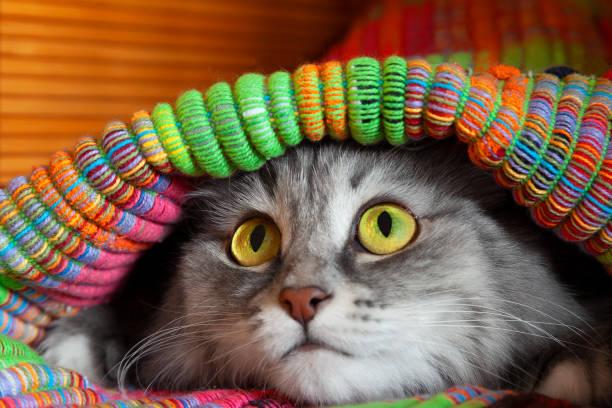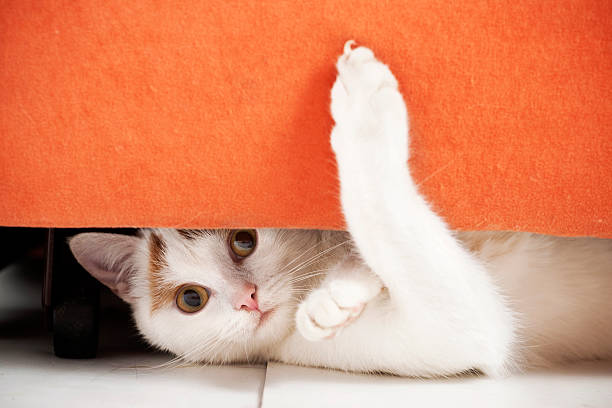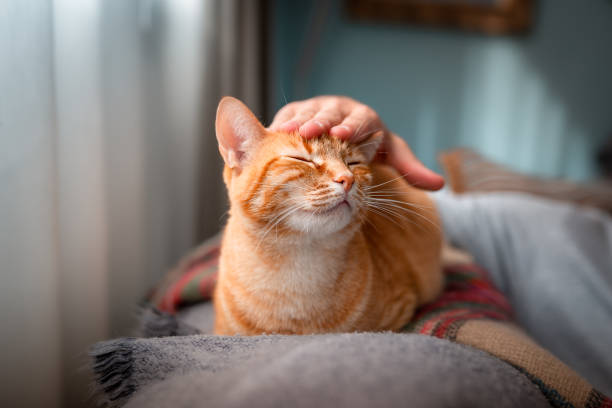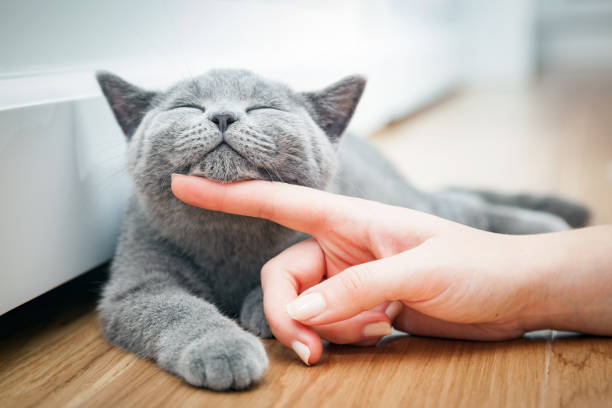
Divorce is a traumatic period for everyone! Even your pets will not be able to escape all of the emotion surrounding a momentous separation. Not only will they face their own stress of changed routines, possible moves, different surroundings, but they will feel your stress, anxiety, anger and worry.
Signs of Stress in Your Dog
- Overly Hyper Activity: Some dogs may become overly playful and clownlike, showing signs of excess energy and neediness all in one. You may find your dog constantly soliciting play, being silly, bringing you toys, barking, racing through the house trying to get you to chase them.
- Overly Quiet: Some dogs may become depressed. They will sleep more than normal, act unassuming, avoid being too close to people and seem to fade into the background.
- Rough Play: Households with more than one dog might see that they play very rough with each other, act much more hyper than normal or possibly even have mini pseudo ‘fights’, especially if there has been yelling in the house.
- Destructive Behavior: Chewing inappropriate things, destroying parts of the house, digging up the garden, and not obeying commands can all be signs of stress in your pup.
- Physical Signs: Decreased appetite, loss of coat, listlessness, increased barking or whining, pacing, and shaking can all be signs of emotional stress.

How to Help Your Stressed Dog
Depending on the level of stress they experience, some dogs may take a little longer to get back to their normal self. Comparing their progress with another dog of the same breed or anxiety issue will not change their ability to tackle issues. Give them time, love, and patience. They deserve it.
- Exercise, Exercise, Exercise: The most valuable thing you can do is keep their routines and exercise consistent. When you are g
 oing through an enormous amount of stress, it becomes much more difficult to remember your dog’s normal outings. Exercise is a great way to calm the brain. If you are not up to exercising your dog there is nothing wrong with getting support, hiring a dog walker or asking friend to take your dog out.
oing through an enormous amount of stress, it becomes much more difficult to remember your dog’s normal outings. Exercise is a great way to calm the brain. If you are not up to exercising your dog there is nothing wrong with getting support, hiring a dog walker or asking friend to take your dog out. - Treats and Toys: Have lots of healthy and appropriate chewing items available. Gnawing on delicious, textured varied toys will trigger the release of endorphins for your dog which lets them ‘self-medicate’ for anxiety and stress.
- Massage: Anxiety and stress sometimes take a toll on your dog’s body. Massage
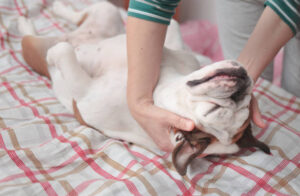 therapy can prove to be a great way to alleviate stress by relaxing them. In addition, calming postures paired with stretching techniques as taught during “dogya” can help relieve stress. Additionally, human touch has proven to be quite miraculous in curbing stress. If you haven’t been giving your dog enough attention and cuddles, it’s time to change that.
therapy can prove to be a great way to alleviate stress by relaxing them. In addition, calming postures paired with stretching techniques as taught during “dogya” can help relieve stress. Additionally, human touch has proven to be quite miraculous in curbing stress. If you haven’t been giving your dog enough attention and cuddles, it’s time to change that. - Thunder Shirt: It’s not just for lightening storms. Thunder shirts can be helpful for general anxiety situations.
- Crate-Training: When you crate train your dog, you give them a safe place, one they can revisit every time the outside environment gets too threatening and overwhelming. (If You Haven’t Crate-Trained Your Pet As Yet, Introduce Your Dog To The Crate With Plenty Of Treats, Rewards, And Positive Reinforcement.) You can look for crates specifically designed for dogs with anxiety. In addition to providing them a haven, they also come packed with helpful features like noise cancellation, reduced light, and vibration isolation, among other things.
- Medication: Anti-anxiety medication has proven highly effective in dogs and cats.
Signs of Stress in Your Cat
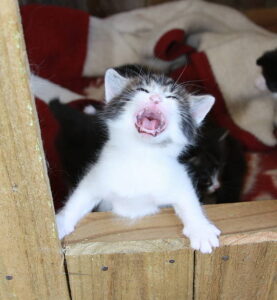
Cats adore routine and thrive on it, to the point that changing anything can potentially cause them to become stressed. It can take your cat anywhere from five days to two weeks to adjust and accept a new routine—and sometimes even longer.
- Urinating Outside the Box: One of the most common behavior problems seen in cats when a change occurs in the household is inappropriate elimination, especially urination outside the litter box as they try to tell us they are scared or stressed. Since cats like the smell of themselves, the urine marking also helps calm them down by spreading their scent onto items that smell like their owner. Urine is challenging to remove from items like furniture, carpeting, and mattresses, so it is frustrating for people to deal with and clean up.
- Hiding Behavior: Hiding, or avoiding human contact is a big sign of problems or stress.
- Attacking Behavior: A scared or stressed cat may lash out aggressively or defensively. This is sometimes seen in extreme stress levels of cats that are in a new situation or environment. Swatting, hissing, lunging, and biting can all be signs of fear and stress in cats.
- Excessive Scratching in Cats: Scratching is a natural behavior and is used to maintain the health of their claws and to mark their territory. But this behavior may increase and become an issue during stressful times for your cat.
How to Help Your Stressed Cat
Thankfully there are a number of things you can do to help 
your cat if it is stressed. First, allow your cat time to adjust. Allow him or her to feel safe by placing all of their items close to their chosen location. Make sure litter boxes are plentiful, place his or her belongings in the location they have chosen, and give them time to adjust. And make sure you stick to your routine!
Sprays, wipes, and diffusers containing pheromones are good starting points for helping to manage anxiety in your feline friend. Products like what Feliway™ makes can be used continuously and long term or as needed. They help cats feel calm and safe but may need to be used alongside something else if they don’t help by themselves.
Supplements and special diets are the next steps in helping your stressed cat. Various ingredients like L-theanine, milk whey proteins, magnolia, and phelodendron extracts have research showing they may help a stressed cat and can be found in items like Zylkene™ and even special cat foods like Royal Canin’s Calm™ diet.
If necessary, stressed cats may need a combination of pheromones, supplements, diets, and even medications. Fluoxetine, gabapentin, amitryptilline, and other prescription items may be recommended by your veterinarian for stress cases that cannot be addressed with other modalities. Depending on the situation, these may need to be given temporarily or long term but if you can help your cat feel less stress than whatever you need to do is worth it.
Life Will Be Normal Again!
Regardless of your induvial pet’s reaction to tension at home, please know that it is not permanent. The good news is stressful periods don’t normally have long term negative effects. One of the many wonderful things about our four-legged babies is that they can often shift their moods quicker than people can. Once your life starts to feel settled, even if things are very different than before, your pet will be back to his or her happy self again.







